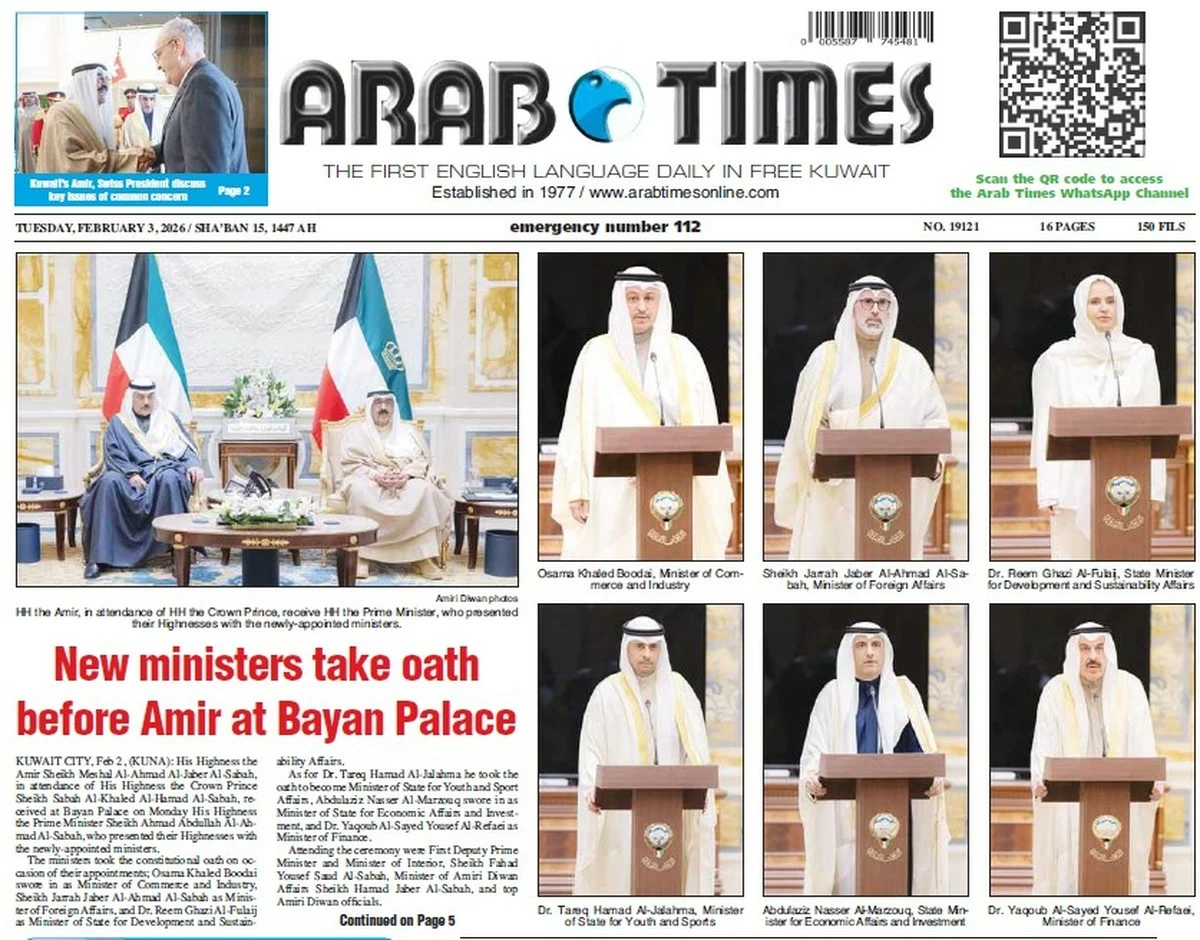12/05/2025
12/05/2025

KUWAIT CITY, May 12: A national medical team has successfully conducted an aortic valve replacement surgery for a Kuwaiti patient in her eighties, utilizing the BASILICA and UNICORN techniques through catheterization, eliminating the need for open-heart surgery. The procedure was carried out at the Salman Al-Dubous Cardiac Center under the supervision of Dr. Al-Tayeb Al-Qallaf, a consultant in cardiology and catheterization.
Dr. Al-Qallaf stated in a press conference on Sunday that this achievement represents a significant step forward in providing specialized care to heart patients, especially those with a history of previous surgeries. The surgery lasted for approximately nine hours and involved a combination of the BASILICA and UNICORN techniques, reflecting both the advanced development of healthcare services in Kuwait and the country’s ability to implement cutting-edge medical procedures.
"This case highlights that it is possible to offer safe and effective alternatives for patients at high surgical risk," Dr. Al-Qallaf explained. The patient, who had undergone an aortic valve replacement in 2019, began experiencing symptoms of valve failure. Due to the risks associated with traditional surgical valve replacement, which could result in up to 100 percent coronary artery blockage, the medical team opted for a less invasive intervention.
Given the patient’s age and overall health condition, traditional surgery was deemed too risky. As a result, the team turned to a precise technical intervention through interventional catheterization (TAVR), utilizing the latest medical advancements in the field.
The BASILICA technique, used in transcatheter aortic valve replacement (TAVR), aims to avoid coronary artery blockage by precisely incising the leaflet of the original or previously implanted valve with an electric current. This allows blood to flow to the coronary arteries after the new valve is inserted, preventing blockage caused by the valve’s location or structure. The UNICORN technology was also used to modify or remove tissue that might obstruct coronary artery flow. This complementary technique is especially beneficial in complex cases, offering additional protection to coronary pathways when BASILICA alone may not suffice.
Dr. Al-Qallaf emphasized that this success is a result of strong collaboration among national specialists from various medical fields. He highlighted the importance of investing in local expertise and creating a supportive environment that fosters excellence and leadership within Kuwait’s healthcare sector.
This groundbreaking procedure at the Salman Al-Dubous Cardiac Center marks a significant milestone in the advancement of cardiac care in Kuwait, reinforcing the country’s position as a regional leader in medical innovation.


